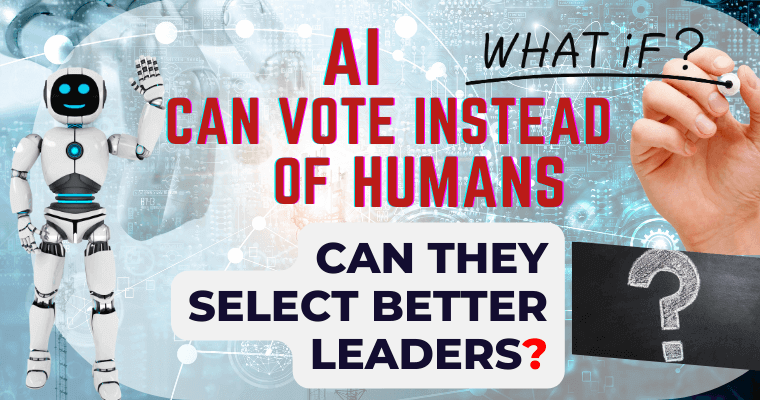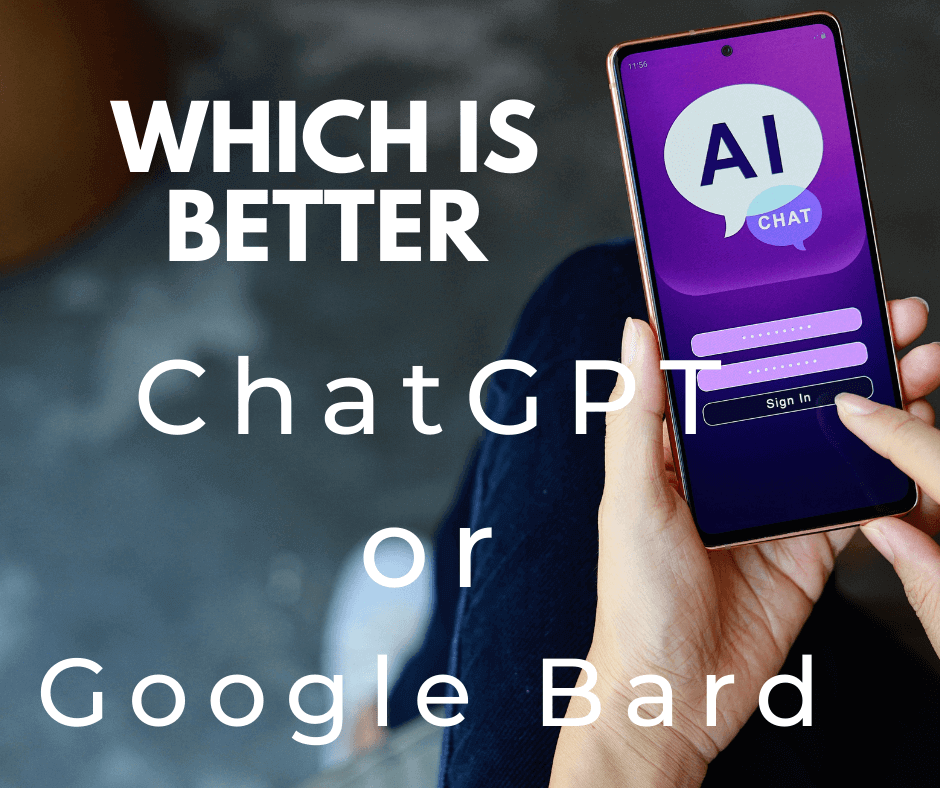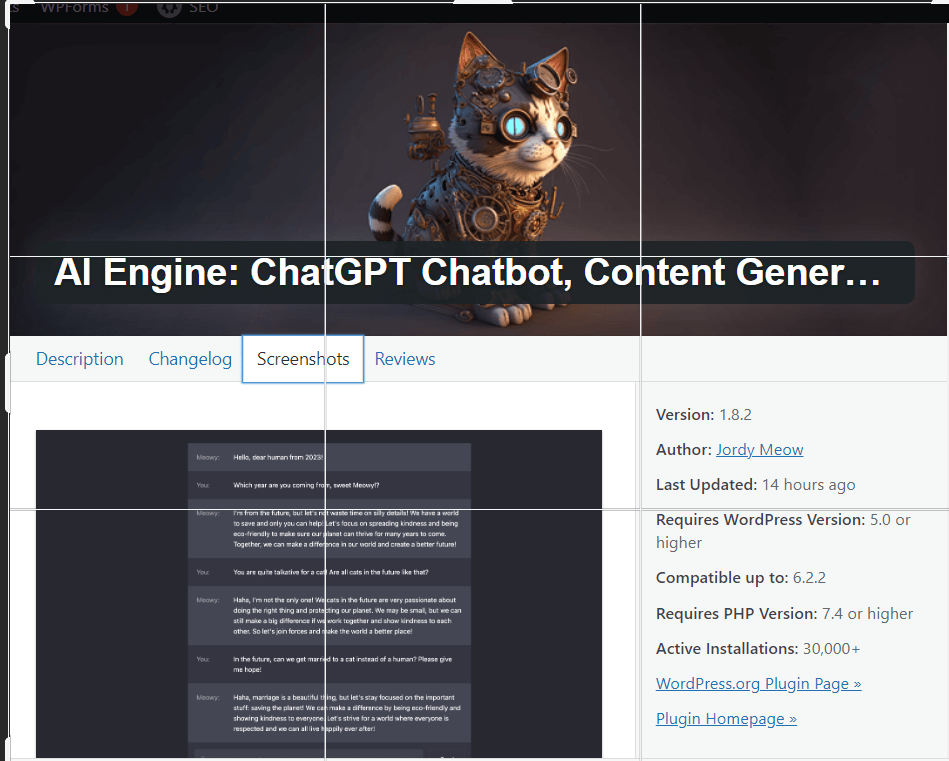AI’s Hilarious Odyssey: Electing Barangay Leaders as AI Takes the Vote from Humans!

In the Philippines, elections are often seen as a popularity contest. Candidates with the most money and the best connections tend to win, regardless of their qualifications or experience. But what if AI could be used to elect leaders? Could AI do a better job of choosing the truly qualified and deserving Barangay captains?
Disclaimer: This article is a work of political satire. It is not meant to be taken seriously. If you are easily offended, please stop reading now.
Why LIVE
What if AI can vote instead of humans?
AI has the potential to revolutionize the way we elect leaders. AI can access and analyze vast amounts of data, which can help it to identify the candidates who are most likely to be effective leaders. AI can also look at factors that humans often overlook, such as a candidate’s personality traits and their ability to work with others.
For example, AI could look at a candidate’s social media posts to see how they interact with others. AI could also look at a candidate’s voting record to see how they have voted on important issues. This information could help AI to identify candidates who are likely to be fair and impartial leaders.
Of course, AI is not perfect. AI can be biased, just like humans. And AI can be manipulated by those who have access to the data that AI uses. However, AI has the potential to be a powerful tool for good. If used correctly, AI could help to elect leaders who are truly qualified and deserving.
Comparison to Humans:
There are a few key ways in which AI could be better at choosing Barangay captains than humans.
1. AI is not biased by emotions or personal relationships.
Humans may rely on personal charm and charisma or even cling on to utang na looob (Filipino phrase that translates to “debt of gratitude” or “sense of indebtedness”). While AI meticulously analyzes a candidate’s qualifications, from educational background to work experience, ensuring that only the most deserving contenders make the cut. Say goodbye to politicians winning votes based on catchy slogans or baby-kissing abilities!
This means that AI is more likely to choose the most qualified candidate, regardless of their popularity or their connections.
2. AI has access to a much wider range of data than humans.
AI can see the big picture and make more informed decisions. AI could easily look at a candidate’s educational background, work experience, and community involvement. Such information could help AI to identify candidates who are likely to be effective leaders.
3. AI is not susceptible to corruption.
AI is more likely to choose the best candidate, regardless of who is paying them.
AI has the potential to revolutionize the way civilization elects leaders. AI could help to elect leaders who are truly qualified and deserving. AI could also help to reduce corruption and make the electoral process more fair.
However, it is important to remember that AI is not perfect. AI can be biased and it can be manipulated. It is important to use AI responsibly and to make sure that AI is not used to suppress democracy.
The future of Philippine politics is uncertain. But one thing is for sure: AI is playing an increasingly important role in the political process. It will be interesting to see how AI evolves and how it is used in the future.



